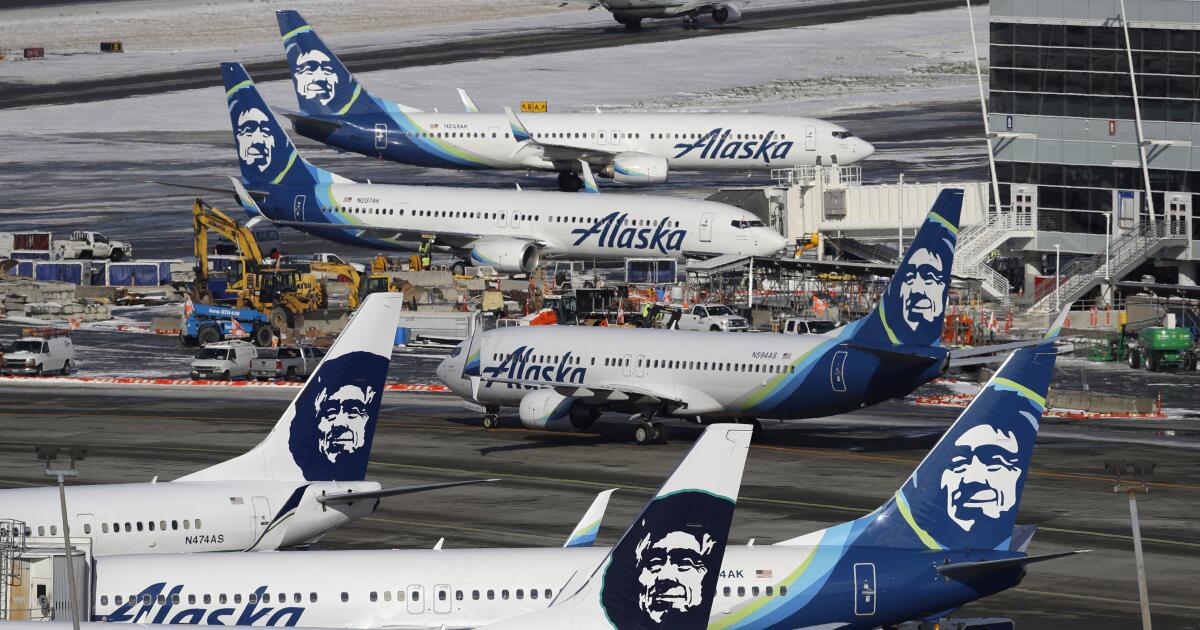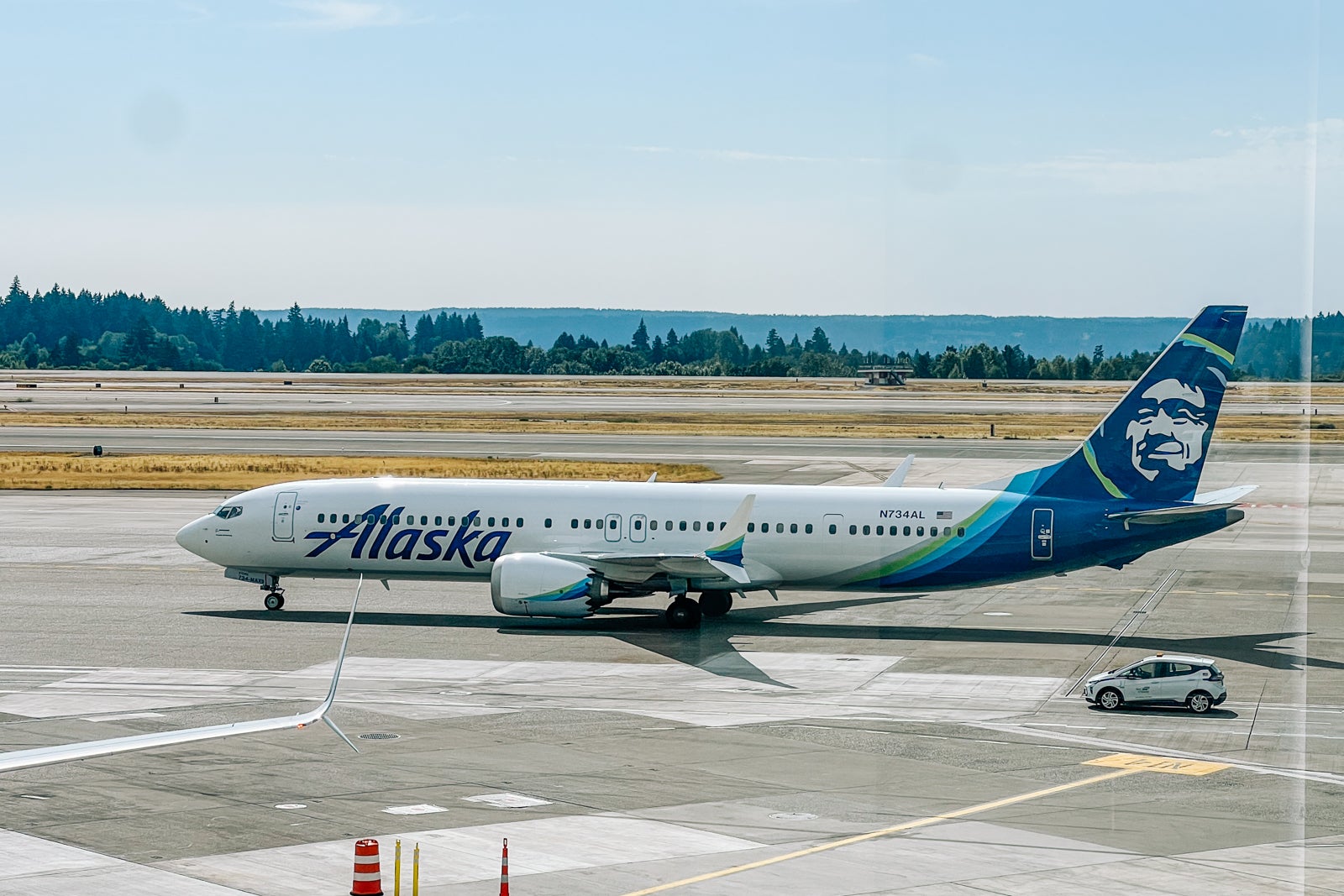Alaska lawmakers on Saturday overrode Gov. Mike Dunleavy’s veto of some $51 million in state funding for public schools. The 45-14 vote means lawmakers successfully reversed Dunleavy’s decision to cut $200 of the per-student funding increase approved by lawmakers during the last legislative session.
The vote was the second successful veto override after lawmakers convened Saturday for a special session called by Dunleavy.

Eric Stone
/
Alaska Public Media
Members of the Democrat-heavy bipartisan majorities in the House and Senate, who are typically at odds with the Republican governor, said they saw the special session as an effort to ensure the governor’s vetoes were not overridden. Dunleavy initially asked Republican lawmakers to skip the beginning of the session to ensure his vetoes stood, his spokesperson said. But lawmakers overrode him nonetheless.
In May, 46 legislators voted to override Dunleavy’s veto of a bill boosting the so-called base student allocation, the per-student figure in the state’s education funding formula, by $700. The vote came after years of advocacy from teachers, students, administrators and community leaders who said the state’s education system was in crisis after nearly a decade of essentially flat long-term funding.
But after the Legislature adjourned for the year, Dunleavy trimmed the per-student increase from $700 to $500 for the upcoming school year in the state’s budget using his line-item veto power. That amounted to a year-over-year cut for schools, which last year received the equivalent of a $680-per-student boost in one-time funding. Educators and students on Friday gathered on the Capitol steps to call on lawmakers to reverse the veto.
“The state of Alaska is falling short of its constitutional responsibility to adequately fund public education,” Fairbanks Superintendent Luke Meinert said. “Instead, more and more of that burden is being shifted on the local taxpayers, stretching communities like Fairbanks beyond their limits, and the consequences are real.”
When he issued the call in early July, Dunleavy said he wanted lawmakers to consider education reforms to boost the state’s bottom-of-the-nation test scores and take up legislation that would create a state agriculture department.
In an emailed statement, Dunleavy on Friday again urged lawmakers to consider his proposals.
He introduced three bills for the special session on Saturday. One would expand tax credits for businesses that donate money or equipment to schools. Another would advance a pilot program in which the state would work with tribes to create so-called state-tribal compact schools. A third would create new retention bonuses for teachers, allow the state education department to bypass local school boards and directly create new charter schools, allow students to enroll in schools outside their district and create a new reading-focused after-school program.
Many of the proposals are ideas majority lawmakers have said they need more time to consider or have rejected in the prior two sessions, and legislative leaders said they did not plan to vote on the bills during the special session.
“No hearings on bills to improve Alaska’s dismal student test scores, no effort to lift the public school system from 51st in the nation, no tribal compacting to improve educational opportunities for our rural and Native students, and no apparent desire to prevent high school seniors from being unprepared because they don’t have the skills needed to compete for good jobs in the increasingly competitive 21st century economy,” Dunleavy said. “That is a shame.”
Lawmakers plan to evaluate some elements of what Dunleavy proposed, including a system that would allow students to enroll in out-of-district schools, with a task force that will begin meeting later this month.
The governor’s bill expanding tribal compact schools remains pending. Dunleavy introduced a new version for the special session on Saturday. A day earlier, representatives from five tribes that the bill would allow to create compact schools called on lawmakers to act on the proposal during the special session.
“This is really a pilot project,” said Knik Tribe Education Director Carl Chamblee. “This is something where we’re ready to move forward. It shouldn’t take that much time for a pilot project to be reviewed, discussed and voted on by a body of legislators.”
But Senate President Gary Stevens, a Kodiak Republican, said he had concerns about the bill. The bill would have the state work directly with tribes to create new schools, rather than placing them within existing school districts.
“It’s a very important issue, but we want to make sure that if we do tribal schools, they’re done properly, and they’re done right, and they’re done through the local school districts, not through the Department of Education,” he said.
The head of the Coalition for Education Equity, Caroline Storm, said Friday her advocacy group was readying a lawsuit that would seek to force the state to adequately fund schools.
The Anchorage Chamber of Commerce, a business group, sent a letter to lawmakers urging them to override Dunleavy’s veto.
“Continued constraints on the Anchorage School District will degrade the long-term economic health of Anchorage. As the largest community and economic hub of Alaska, these impacts have detrimental ripple effects statewide,” said the group’s president and CEO, Kathleen McArdle. “We already see the impacts in continued outmigration, and Alaska won’t get the chance to foster transformative solutions without the trust of families.”
Correction: A previous version of the story misstated the vote total. It was 45-14, with one lawmaker absent.
Source link


